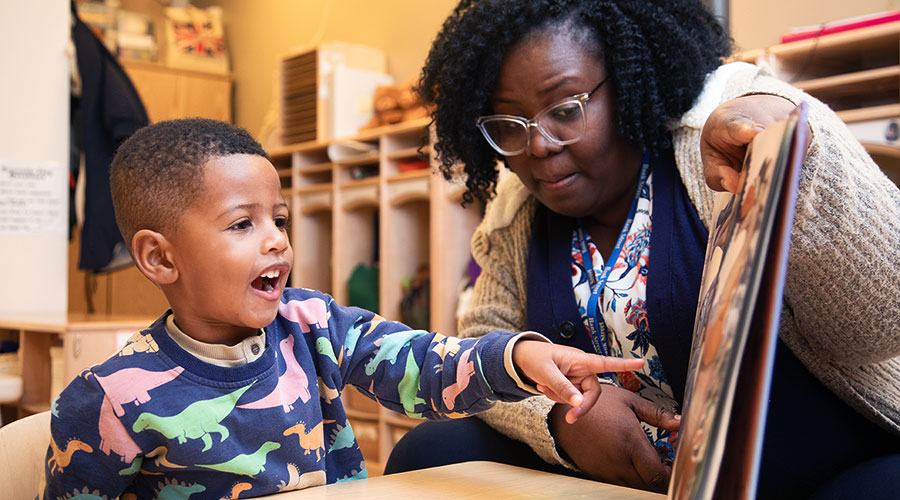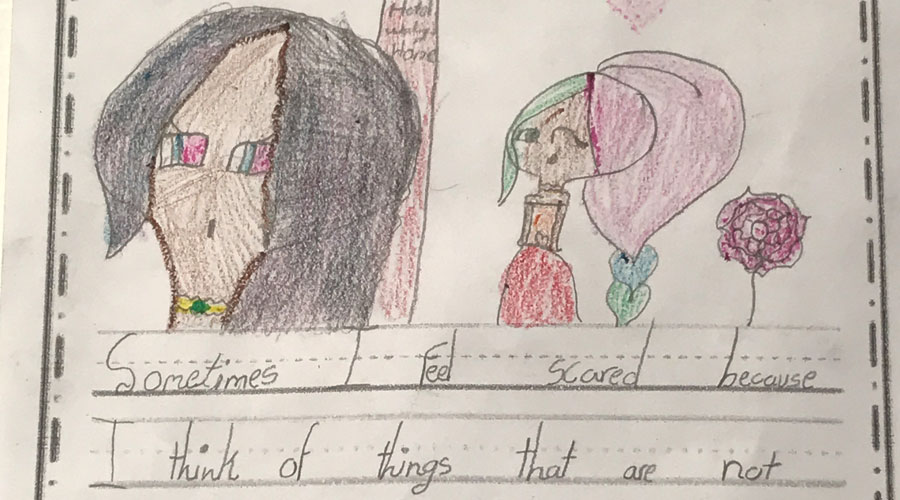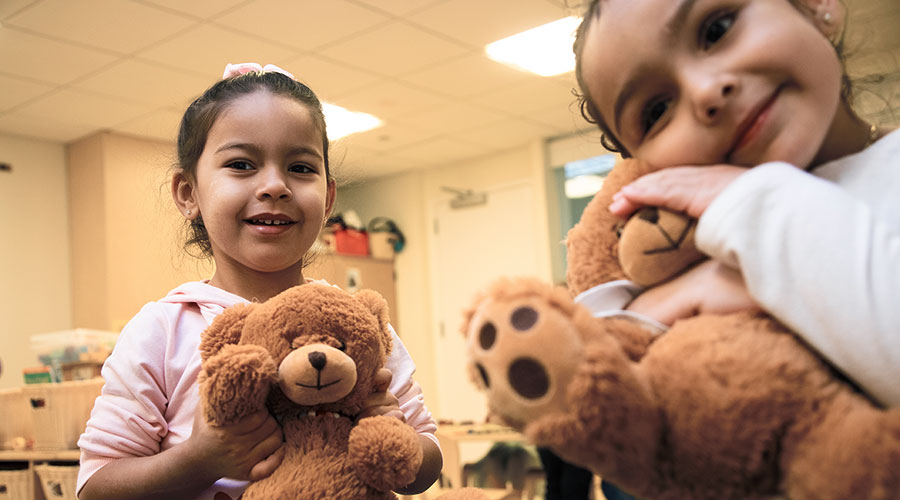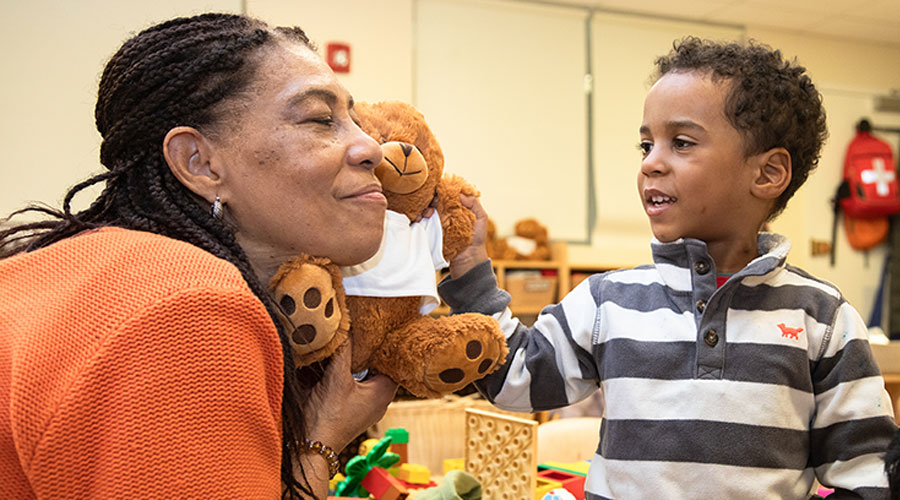Our Services
Available on site, virtually, or in hybrid formats
The Center for Emotionally Responsive Practice is authorized as a vendor for the Safe and Supportive Schools Department of Education Professional Development Requirements Contract. Schools and agencies may contract with Bank Street to provide one or more of the services listed below to teachers, social workers, administrators, and support staff who work with children from pre-K through 5th grade.
For more information, email erp@bankstreet.edu.
Classroom Coaching and Support
Staff work collaboratively with teachers, assistants, and early childhood administrators to model and integrate Emotionally Responsive Practice in their school settings.
Seminar Series for Teachers
A six-seminar series for teachers focusing on “inviting and containing” emotional and social issues in the early childhood classroom.
Seminar Series and Group Supervision for Social Workers
A 10-session series for social workers provides school-based clinicians with theories and techniques for effective interventions with children and parents in early childhood settings. Alternatively, a monthly social work supervision group can support the clinical skills necessary to meet the challenges of working with teachers, children, and families in the school setting.
Seminar Series for Administrators
A seminar series and/or support group that provide administrators with a deep understanding of child development and the relationship between emotional integration and learning. Implications for administrative policies and practices are explored.
Whole School Retreats
Annual whole-school retreats on emotionally responsive school routines, adult-child interactions, and the use of literacy and responsive curriculum.
Parent Engagement Groups
A 10-session series of parent engagement groups co-led by Bank Street and school staff is available to parents of early childhood students. Groups are designed to enhance parents’ ability to help their children thrive emotionally in the school setting. In groups, parents will reflect on their experiences as parents and as students using an expressive arts format.
Teacher Support Groups
Teacher stress is a problem that may negatively affect a teacher’s practice. This 16-session group offers teachers the time and space to diminish the emotional isolation of the classroom and reflect on their experiences with children and parents.
Observation Team Institutes
An intensive five-session training in Emotionally Responsive Practice theory and technique for interdisciplinary teams of teachers, social workers, early childhood coordinators, and administrators. The institute includes inter-visitations, classroom observations, and post-observation seminars.
Small Group Work With 4-, 5-, and 6-Year-Olds
Available for schools who have onsite coaching.



